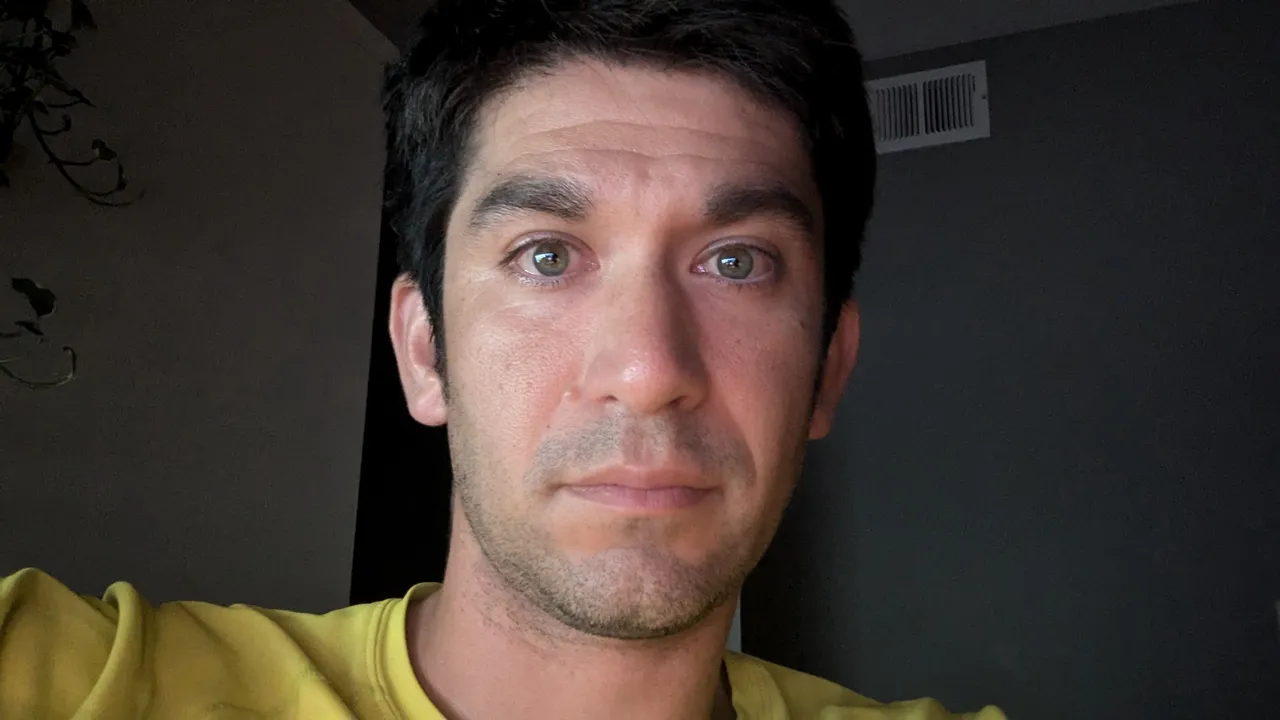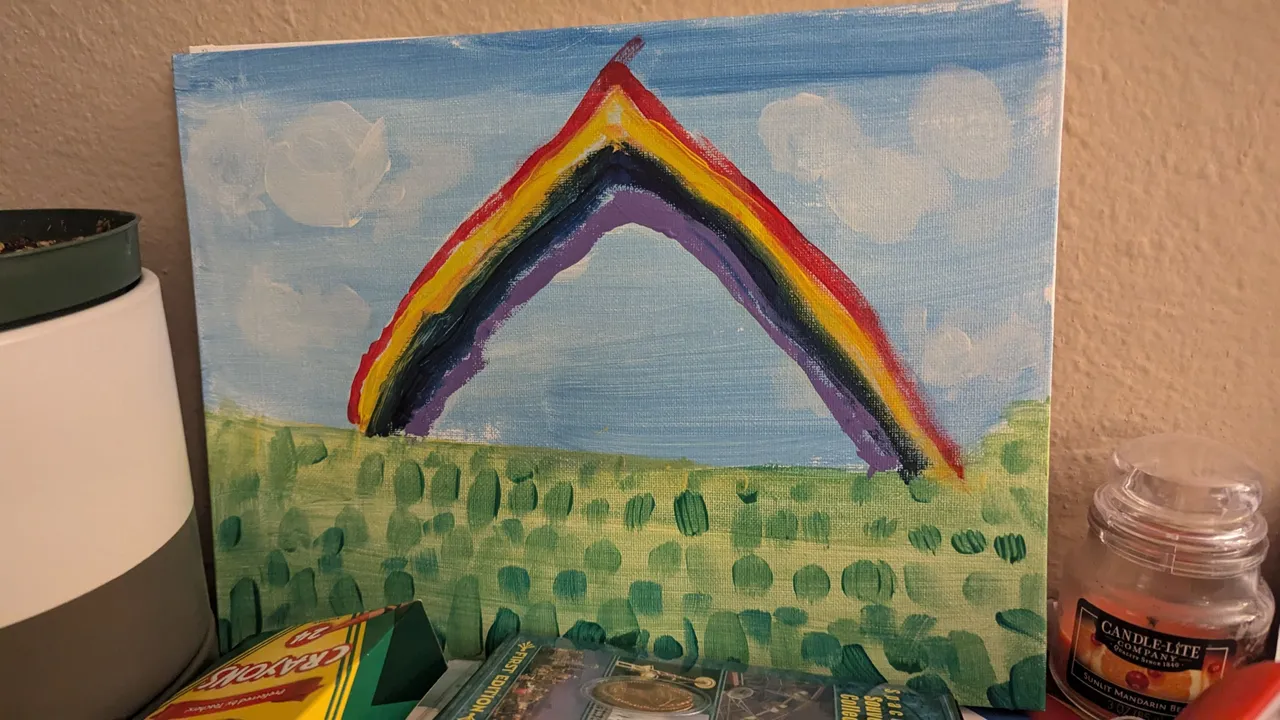I've been mulling over whether to write about this topic today, especially given the tough week full of bad news affecting people around me. At my school's open house on Thursday evening, I ran into a couple of former students of mine who left my class about two years ago. These two girls were amazing with big hearts, and their parents were incredible, doing everything they could to support their kids with autism. Thanks to their efforts, the girls were thriving at school, both academically and socially.
When the girls were in my class, everyone was healthy, the girls, their parents, everyone. But when I saw their mother on Thursday, I hardly recognized her. She looked exhausted, had lost a lot of weight, and was using a cane to walk. Despite her condition, she spoke in the calm voice I remembered, expressing her gratitude for the support I had given her daughters. Even though they’re no longer in my class, I still check in on them daily, give them high fives, and make sure they are doing well. She also mentioned how much she enjoyed watching my two boys running around and found them adorable.
I hadn't seen their mother much over the past two years, and she shared with me that she had been diagnosed with a brain tumor and that the prognosis wasn’t looking good. On top of that, she was struggling with medical insurance issues. She then excused herself to go say hello to her daughters' current teacher, and I headed back to my classroom to continue with the open house.
Usually, I don’t have more than one or two parents attend the open house, if any, because I often meet with returning students and their parents before the school year starts. This year was no different; no parents showed up during the first hour. I went back to my classroom and broke down in tears. When my kids asked why I was upset, I told them I’d explain later.

Honestly, I thought that was the end of it, that my kids would forget I had been crying and that it wouldn’t come up again. It’s an uncomfortable conversation that I know I need to have, especially with my oldest whos about to turn six. It’s not like he hasn’t heard the words “dead” or “dying,” or “dead,” or seen people who are really sick.
But that wasn’t the end of it. My grandfather has also been acting a bit off lately. He constantly feels full, isn’t eating or drinking much, and is sleeping a lot. He’s been telling his doctor that food tastes good but he feels bloated. His primary care physician thought it was probably just acid reflux and ran a few blood tests, but didn’t seem overly concerned.
All the tests came back negative, so the doctor decided to prescribe medication to try to increase his appetite. However, my mom, his daughter, kept pushing because she was concerned. After several discussions and probably not the friendliest exchange with my grandfather’s primary care doctor, he agreed to order a CT scan and an endoscopy. The CT scan was scheduled relatively quickly, which was unusual, but we were told it would take 3 to 5 days to get the results back.
We received the results about three days later. After taking him to the emergency room because he hadn’t been eating and had been sleeping all day for the past two weeks, they managed to review the CT scan quickly. It turned out he has stage 4 colon cancer that has metastasized.
This news isn’t entirely surprising given that he’s in his mid-80s, but he is very close with my kids, his great-grandchildren. So, I can’t put off this conversation any longer, especially with my older child. It’s time to explain what death means, that it’s when the body stops functioning. I think it's best to be straightforward and clear: when someone dies, their heart stops, they can’t breathe, play, open their eyes, or eat. That’s what death means.

Art work that my oldest have make for his great-grandfather
I know it sounds blunt, but I think it's more honest than making up a story that death is like sleep. That might make a child fearful of going to bed or worry that if we sleep, we might never wake up. Since I'm not very religious, saying something about angels could lead to questions like why the angels took his great-grandfather away and if they can bring him back.
I believe approaching it this way is the right choice. It will help my kids understand better and give them a clearer sense of closure, allowing them a chance to say goodbye. If any other parents or anyone else has experienced something similar, I would appreciate and welcome any advice you can offer.
These are the kinds of struggles I feared as a father. Being a good parent isn't always easy; sometimes, the toughest challenges are the ones that make you a better father. These experiences put things into perspective and remind you that making difficult choices is often what’s best for your kids in the long run. I believe that in the end, this will turn out positively for both me and my kids.
Normally, I wouldn't write something like this. But... I needed an outlet. Even if nobody read this I needed to get my thoughts out just to release some of emotion.